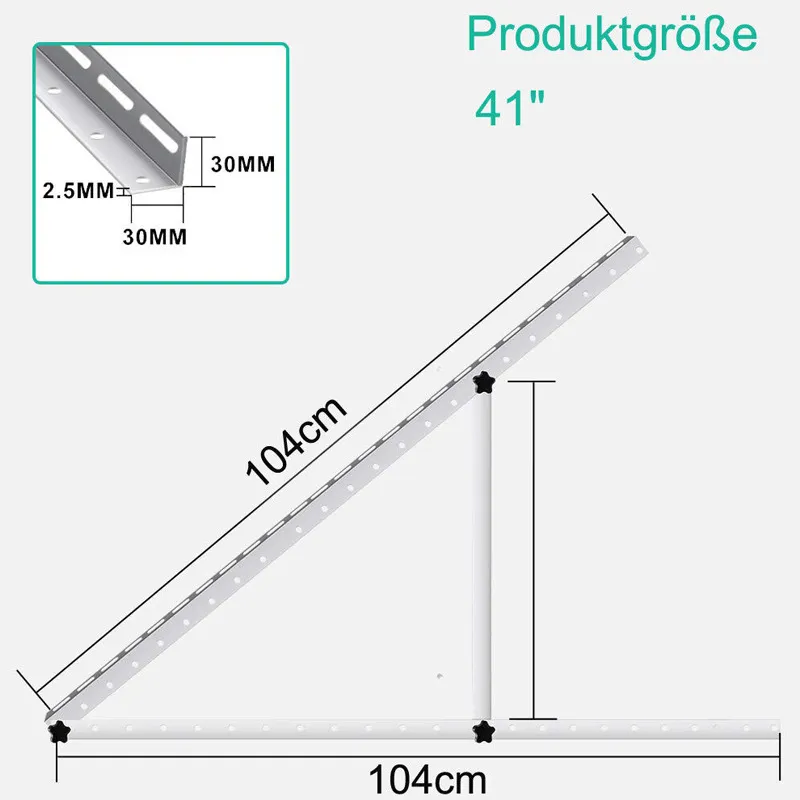

stud bolt 1
Des . 07, 2024 05:54 Back to list
stud bolt 1
Understanding Stud Bolts Essential Components for Industrial Applications
Stud bolts are critical fasteners used in various industrial applications, particularly in environments that require robust and reliable connections. These specialized bolts are designed to serve specific functions, ensuring structural integrity and safety across a wide range of engineering disciplines. In this article, we delve into the characteristics, manufacturing process, and applications of stud bolts, shedding light on why they are essential components in modern engineering.
What Are Stud Bolts?
A stud bolt is a type of fastener that is essentially a long rod with threads on both ends. Unlike conventional bolts that have a head, stud bolts are typically mounted tightly into tapped holes, providing a unique fastening solution for applications where traditional bolts may not suffice. This design facilitates better load distribution and reduces the risk of bolt fracture under tension or shear forces.
Stud bolts are often used in conjunction with nuts, which can be tightened from either end. This double-thread design makes them particularly effective in high-stress applications, such as piping systems, pressure vessels, and structural connections. The choice of materials, lengths, and diameters further enhances their versatility, allowing engineers to select stud bolts that align with specific operational requirements.
Manufacturing Process
The manufacturing of stud bolts involves several critical steps to ensure their quality and performance under demanding conditions. The process typically begins with selecting the appropriate raw materials, often high-strength steel or stainless steel, to provide the required mechanical properties, including tensile strength, corrosion resistance, and durability.
1. Forging or Machining Depending on the desired specifications, stud bolts may be forged or machined. Forging enhances the material's strength by altering its grain structure, while machining allows for precise dimensions and thread patterns.
2. Thread Cutting Threads are crucial for the effective operation of stud bolts. Various methods, such as roll threading or cut threading, can be employed to create uniform and robust threads that can withstand high forces.
3. Heat Treatment To further increase strength and toughness, heat treatment processes like quenching and tempering are often employed. This step is vital for applications where temperature fluctuations or stress concentrations are prevalent.
stud bolt 1

4. Surface Treatment Protecting stud bolts from corrosion is paramount, especially in industrial environments. Surface treatments, including plating, coating, or passivation, help enhance the longevity and reliability of stud bolts.
5. Quality Control Finally, rigorous quality control measures are implemented to ensure that each stud bolt meets industry standards. Inspections for dimensions, material integrity, and performance under load are conducted before the fasteners are dispatched.
Applications of Stud Bolts
The versatility of stud bolts makes them suitable for various applications across different industries. Here are some notable uses
- Piping Systems In oil and gas, chemical, and water industries, stud bolts are employed to secure flanges and fittings, ensuring leak-proof connections that can withstand high pressure and temperatures.
- Power Generation In power plants, especially those involving steam and gas turbines, stud bolts are essential for securing components and maintaining structural integrity under extreme operational conditions.
- Construction In building infrastructures like bridges and tall buildings, stud bolts provide strong connections that are vital for stability and safety.
- Automotive In automotive manufacturing, stud bolts are often found in engine assemblies and chassis components, where they contribute to the overall strength and durability of the vehicle.
Conclusion
Stud bolts represent a significant innovation in the field of fasteners, offering unparalleled strength and reliability in various applications. Their unique design allows for efficient load distribution, while the manufacturing processes ensures that they meet rigorous industry standards. As industries continue to evolve and demand higher performance materials, stud bolts will undoubtedly remain at the forefront of industrial fastening solutions, ensuring the safety and efficiency of modern engineering projects. Understanding their characteristics and applications is essential for engineers and designing professionals seeking to optimize structural integrity across diverse fields.
Latest news
-
Hot Dip Galvanized Bolts-About LongZe|High Strength, Corrosion Resistance
NewsJul.30,2025
-
High-Strength Hot Dip Galvanized Bolts - Hebei Longze | Corrosion Resistance, Customization
NewsJul.30,2025
-
Hot Dip Galvanized Bolts-Hebei Longze|Corrosion Resistance&High Strength
NewsJul.30,2025
-
High-Strength Hot-Dip Galvanized Bolts-Hebei Longze|Corrosion Resistance&High Strength
NewsJul.30,2025
-
Hot Dip Galvanized Bolts-Hebei Longze|Corrosion Resistance&High Strength
NewsJul.30,2025
-
Hot Dip Galvanized Bolts - Hebei Longze | Corrosion Resistance, High Strength
NewsJul.30,2025

